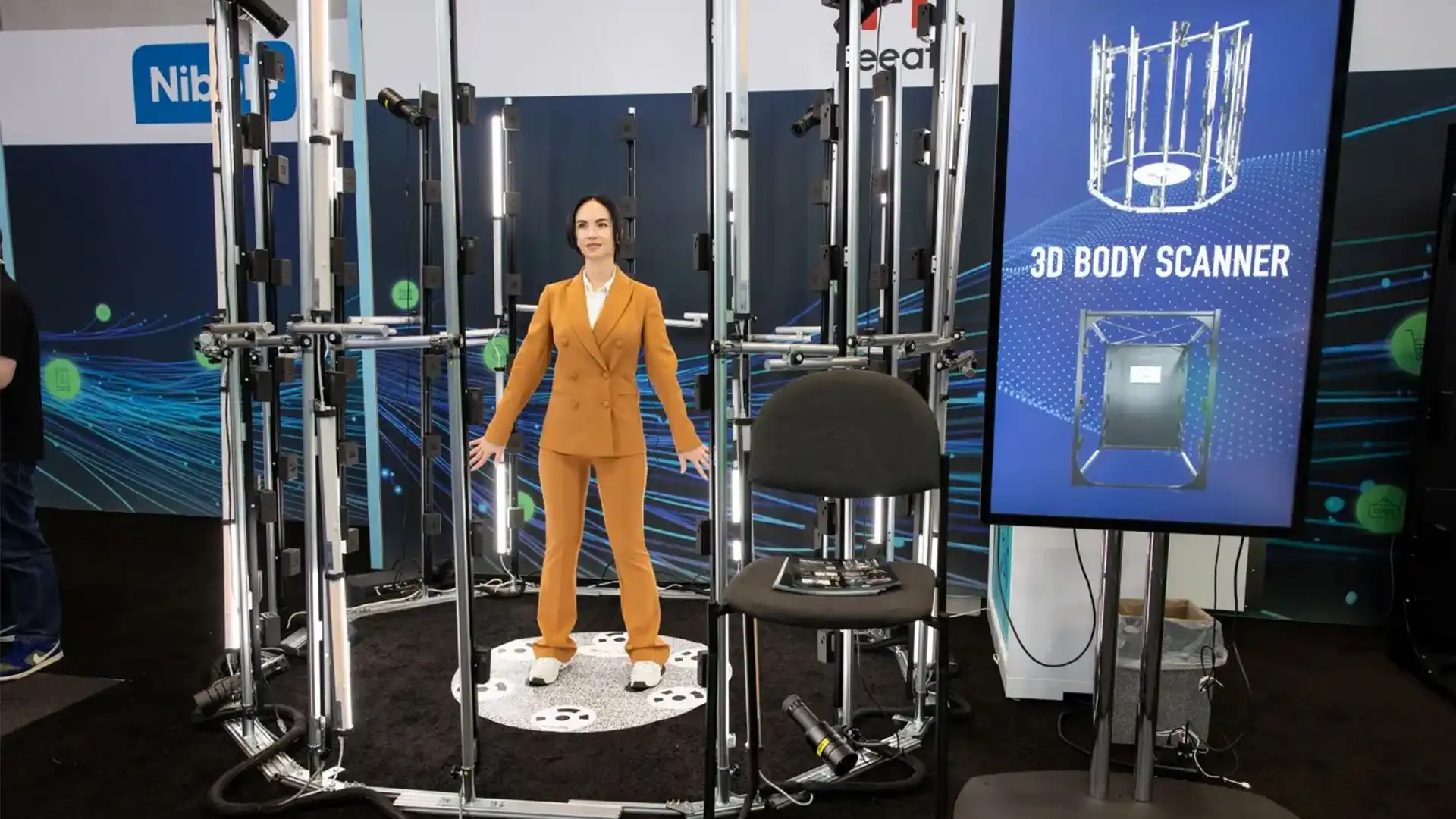Contributed by Aria Spears | Spirit Box LLC
Need help deciding on a potential career path or college major? Below you’ll find a few videos with concrete steps and reflection questions to help you discover what kind of work you want to do. One video helps you discover the mindsets you’ll need to stick with your dream once you find it!
GRIT: THE POWER OF PASSION AND PERSEVERANCE
Angela Lee Duckworth is a psychologist at the University of Pennsylvania, and she primarily studies grit and self-control, among other concepts. After becoming curious about why some kids in her New York classroom succeeded and others didn’t, she went to school to become a psychologist. She and her team conducted research in a variety of places from West Point Military Academy to the National Spelling Bee. They were seeking the answer to what helped some succeed. The answer?
In all those very different contexts, one characteristic emerged as a significant predictor of success. And it wasn't social intelligence. It wasn't good looks, physical health and it wasn't IQ. It was grit. Grit is passion and perseverance for very long-term goals. Grit is having stamina. Grit is sticking with your future, day in, day out, not just for the week, not just for the month, but for years, and working really hard to make that future a reality. Grit is living life like it's a marathon, not a sprint.
The number one predictor of success was basically the willingness to persevere. She goes on to talk about the one key mindset that helps students develop grit. Whatever you decide to do, there will be obstacles, challenges and hard days. Working to develop the grit to stick with things even when they are hard will help you reach both your long and short-term goals.
Check out a grit scale quiz to see how “gritty” you are here or share your own grit story here.
WHAT MAKES A JOB "GOOD"
In this video, Warren Valdmanis makes a case for the qualities of a “good” job and why it is better to create more good jobs than cut them. He and his team interviewed experts, reviewed research and in the end, defined a good job as the following: A good job is where a worker, one, is fairly treated. Two, has a promising future. Three, feels psychologically safe. And four, has a sense of purpose.
It can be easy to label your dream job simply by a job title, e.g. “doctor”, “mechanic”, etc. But there are many other factors that influence your happiness in the job rather than the type of job it is. This video can help elaborate on the less visible aspects of a workplace and job. This will help you start thinking about what kinds of companies you’d like to work for or create.
Valdmanis shared The Good Job Scorecard as one tool to help make these ideas practical.
5 STEPS TO DESIGNING THE LIFE YOU WANT
Bill Burnett, co-founder of the School of Life Design at Stanford. He applies aspects of design thinking to your life choices, helping you make concrete and practical decisions about what you care about most. He advocates for a method of creating ideas and “prototyping”, or testing, those ideas in small, everyday ways to make decisions. The approach is different from following the usual script, as it is rooted in curiosity and testing possibilities:
Do three plans, never one, always do three of everything, three ideations for any of the problems you're working on to make sure that you've covered not just the ideas that you had when you started, but all the other ideas that are possible. Prototype everything in your life before you jump in and try it. And choose well; there's no point in making a good choice poorly. Choose well and you will find that things in your life are much easier.
He sums it up in a simple way: “It's simple: get curious, talk to people and try stuff, and you will design a well-lived and joyful life.”
Here is a link to the worksheets used to accompany his book Designing Your Life. It includes a failure log, odyssey planning worksheets and more.
2 QUESTIONS TO UNCOVER YOUR PASSION
Noeline Kirabo started a social impact organization in Uganda called Kyusa. She works with vulnerable youth to turn their passions into profitable businesses. Throughout this video, she shares stories of how youth she has worked with have succeeded, and the key questions she asks them in the process. She advocates for understanding your current situation, abilities and position to create realistic future targets.
But she hopes that all would fulfill their potential as they look inward: When you cease to work and you live, when passion becomes a career, you don't just excel, you become unstoppable.
Listen to her story and the stories of young people she shares. Read more about Kyusa’s impact here.
SUMMING IT UP
It’s okay if you don’t know exactly what kind of work you want to do in the future. As you can see above, there are plenty of skills you can develop that will apply across the board, no matter what job you have. Even if you don’t know the full picture, developing healthy mindsets and your own values can help you make decisions each step of the way. And each of these decisions can add up to a meaningful life.



















